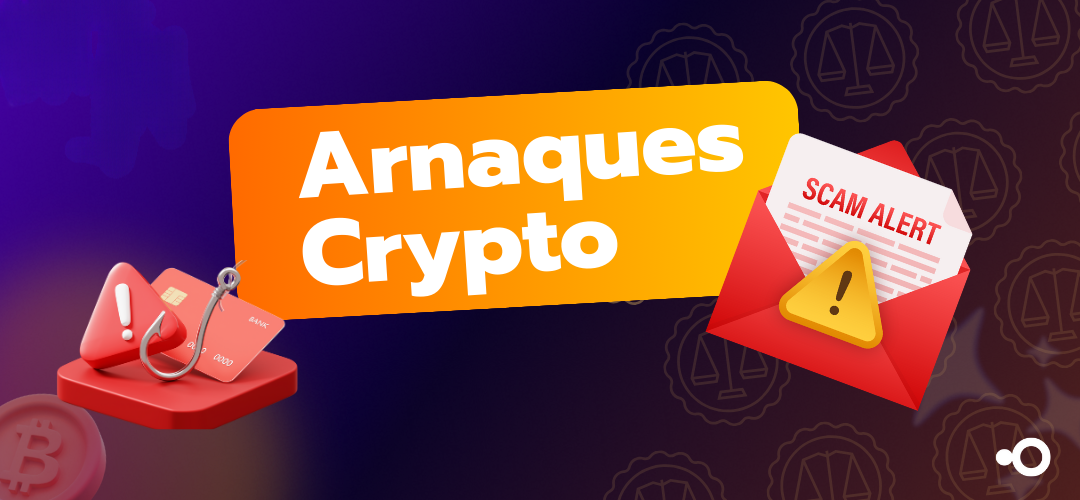More FUD on Binance, the popular exchange (and advanced financial services provider) with the cryptocurrency theme. The last authority in order of time to want to see through the giant’s operations is CYMA. This is CONSOB’s counterpart authority. It is responsible for supervising markets in the Cayman Islands.
The official press release does not actually mention the bans. Or anything else, as is being reported in various media outlets. It is, in fact, a communication about the start of the investigation into the alleged presence of the exchange on the territory of the islands.
So what is going on?
Binance spokespeople denied one hypothesis. Then, once again, it leads to an unjustified FUD. And an attack (apparently coordinated) on the popular stock exchange. In an attempt to reconstruct the workings of Binance, we analyse the giant’s current structure. This platform also attempts to shed light on the various grey areas feared by the world’s leading market authorities.
Who lives in a very particular legal and juridical status. This will keep people talking over the coming months. Binance is staying. And we explain in our in-depth analysis. Why one of the most solid intermediaries there is? An intermediary that we use for all types of transaction, without any fear that our funds are at risk.
Binance has no exchange in the Cayman Islands
And this is the first point that needs to be addressed. The popular exchange confirms that it does not have any type of exchange operating in the Cayman Islands. But it does have several legal entities in the tax haven. These are functional to the group’s global operations.
This is nothing new or unusual. Many international financial activities benefit from a very advantageous tax rate in the Cayman Islands. Even in the traditional financial sector, which by its very nature leads to greater compliance. In effect, this leads to the regulations of the various States on the financial markets.
As a result, the CYMA investigation, assuming and admitting that it ever comes to anything, will come to nothing. Given that the group’s exchange division in reality would leave no trace on the island. Just as there is no sign of it in other jurisdictions. They have recently attacked Binance, namely the FCA in the UK and the FSA in Japan.
Binance’s special position in Japan
Binance’s situation is also unique in Japan, where the law requires (in much the same way as in the EU) registration and licensing to promote financial services to Japanese citizens and residents.
Binance, like many international brokers in fact, operates on two levels. And with Binance.com, it is offering services that are effectively outside Japanese jurisdiction, but which it has every right to offer, since it is not actively promoting them. A situation, as we have said, similar to that in Europe, where technically financial services cannot be promoted, but where nothing prevents citizens from turning to external operators.
A situation that is spreading like wildfire in Asia too. Just minutes ago, the Thai Financial Markets Authority launched an investigation into Binance’s operations. For a series of FUDs that don’t seem to be seeing the light at the end of the tunnel.
Any problems for Binance?
The liquid nature of the exchange is perhaps unique, particularly among intermediaries moving such large amounts of money. It is equally natural that an intermediary offering products with leverage exceeding 100x would attract the attention of regulators.
And it is equally natural that competitors, often licensed in all the jurisdictions in which they operate, would also highlight these legal aspects in an attempt to limit Binance’s power as an intermediary of products of a certain type.
So far, however, Binance has shown itself to be more than solid, even returning a certain type of accusation to sender, confirming, at least for users, a certain degree of reliability. Even when, in the past, discontent has arisen over the platform’s shortcomings in phases of greater market volatility.
Building a case against Binance
Admittedly, in the absence of structured organisations within EU borders, someone might object that it is difficult to build a case against Binance, which has always kept its commitments.
However, this problem could be partially solved by Binance acquiring an intermediary with a BaFIN licence, which is currently used to cover the issuance of share tokens on the platform.
This licence could also be used to cover the platform’s more purely financial instruments, such as futures contracts, although in that case, we would have to contend with restrictive leverage regulations in Europe.
The general impression we get from following Binance’s operations beyond the usual FUD is that the group knows what it is doing, also from a legal perspective. The attacks on the group will not cease – but they will continue to have, at least for the time being, very flimsy foundations.














